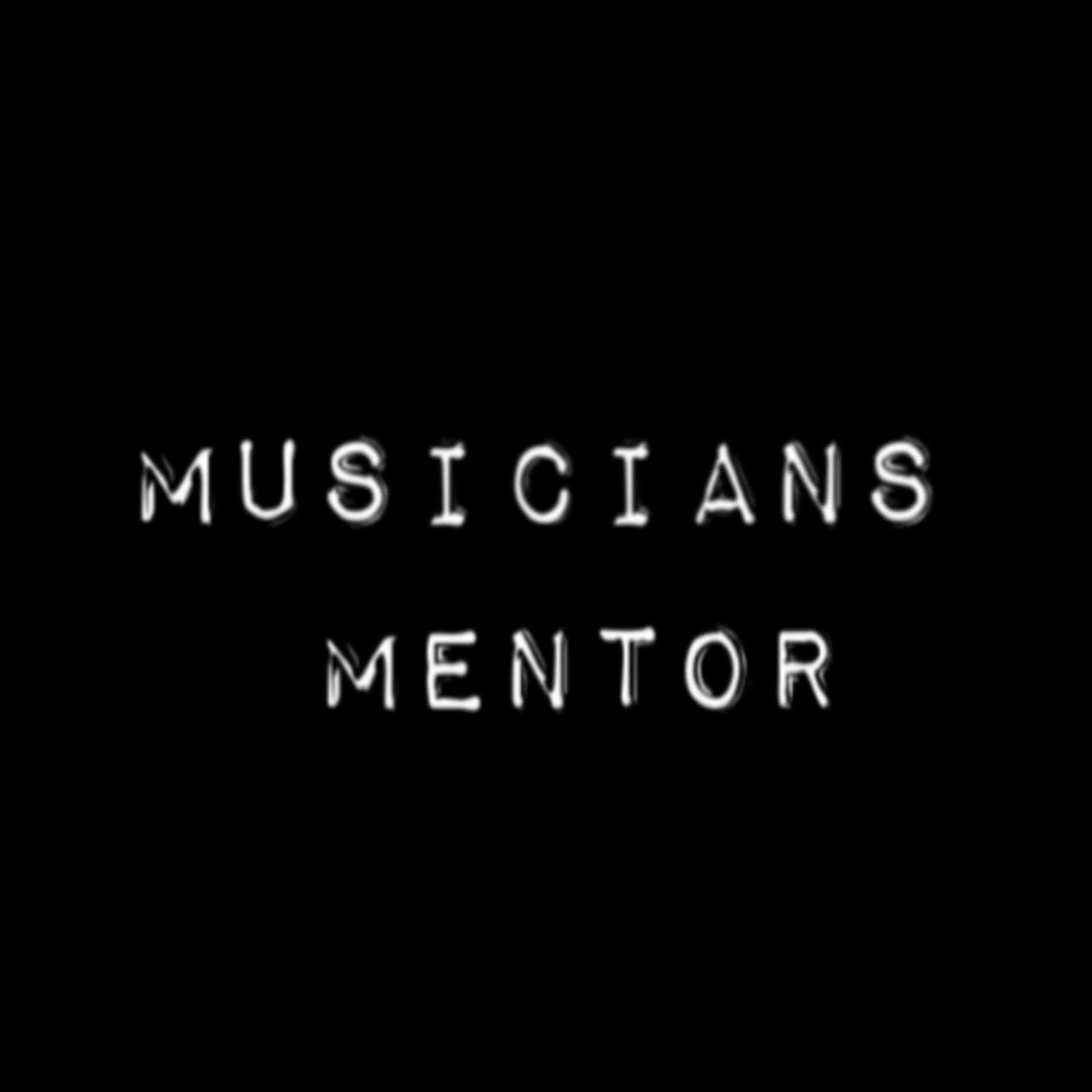Practice Concepts
- musicians mentor

- Feb 18, 2022
- 3 min read
Updated: Oct 5, 2022
Audio Blog approx 3:00 - here. Don’t worry, I'm not going to preach about the practice topic too much in this one. Here are just a handful of ideas to possibly consider that you may find useful in your musical journey, regardless of your playing level. Let's get started.
Broaden Your Horizons.
Stop wasting your time practicing those John Bonham chops that you're already so great at, and start focusing on the things that, you're perhaps not so great at. (Unless of course you’re in a Led Zeppelin tribute band - then please, ignore me). If you're a punk drummer and struggle to play slow, try playing along to some ballads. If you're a jazzer, start listening to and/or start trying to play along to some Megadeth (or insert something completely opposite to your genre here). By stepping outside of your comfort zones, you will broaden your horizons and while this isn’t always very comfortable it's going to make you a better and more rounded instrumentalist/musician/player - which will ultimately open up opportunities for you to work more and in turn, make you more cash (cha-ching).
Focus On Your Weaknesses.
You don't have to beat yourself up every time you can’t do something. Instead, make notes about the aspects of your playing that you should be working on and go work on them. (See next paragraph). Sounds too easy right? Well, its not, just get out of your own head bruh. Eventually, you'll find that the mistakes you frequently seem to make are no longer mistakes and you'll even start to feel pretty good about it. Don't get too cocky though, because even when the mistakes that you’ve fixed are fixed - there will be others. So remember, there is always room for improvement.
Write It Down.
Probably the most obvious point here, yet a completely under-utilised tool when it comes to the way most musicians practice, is how effective writing down our progress can be. It sounds vain, but by highlighting (in written form) our strengths, we can more obviously pinpoint our weaknesses. Once we know what these are, we can work on them and attempt to get better. If you’re not getting this yet, the whole point here is to get better. The more skilled we become, the more valuable we become, the more valuable we become, the more we increase our potential to increase our revenue and make a living in this crazy industry.
For some 'self value' reference books I'd suggest the following -
The Self Confidence Workbook - by Barbara Markway.
The Confidence Gap - by Russ Harris.
Separate Yourself. It's tough out there and many musicians are competing for the same gigs. While it's great to be after a sideman gig for the latest “Pop-star” (or aging Rockstar), there might be someone who’s already getting those calls before you do. Instead, rather try to focus on the aspects of your playing that give you your own unique voice that people may specifically be looking for and then want to call (only) you for. This can take time to do, but can be super rewarding and quite refreshing in a world that seems to enjoy 'Xeroxing' musicians and genres. Just remember that while developing this voice, you want to make sure that you continue to broaden your horizons in case the opportunity for a bigger gig (like the one mentioned above), does perhaps come around.
Only Be A ‘Yes Man’ If You Can Really Do The Job.
While we all want to believe that we're the most versatile musicians ever and can absolutely 'kill it' in all styles, be realistic enough that if you do get a call to do a gig that you don't feel you can truly do justice, that you don't do it ! You're not only going to embarrass yourself and tarnish what might be an already established reputation, that could’ve taken years for you to build, but you make the band that hired you look extremely unprofessional to those that hired them, (and that just ain't cool son). Rather, recommend the gig to someone who can do the job and move on. Trust me, in this industry (just like any other) people remember this type of honesty and if you keep working on your own improvement, the call will come again. Plus (more often than not), musicians appreciate referrals and the favor might even be returned. Sometimes it's about playing the long game. @MusiciansMentorPics




Comments